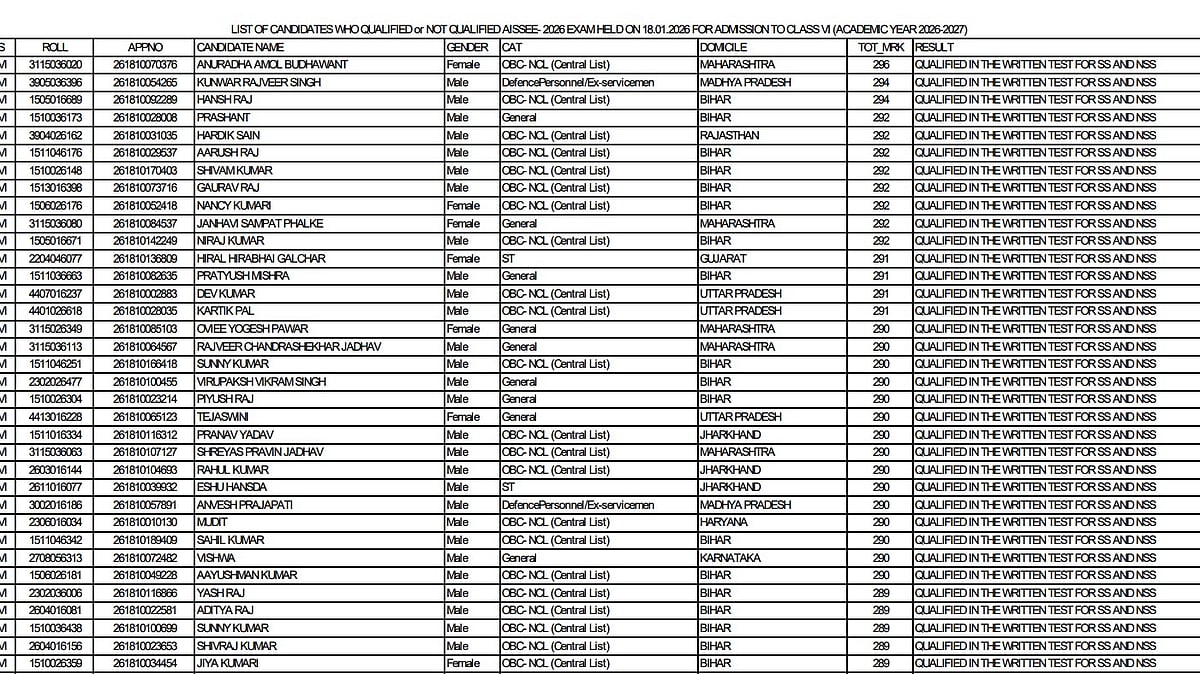Important and critical properties and road networks will be drowned in a few coastal cities in India by 2050 because of the rise in sea level. The analysis was provided by a global risk management firm in 2021, and this led to a discussion on how to protect the coastal areas and save the ecosystem.
While a handful of environmentalists are often seen raising the issues, a major chunk of the population does nothing but watch. Many of us do not even understand terms like Coastal Regulation Zones (CEZ) and Eco-Sensitive Zones (ESZ) and why they are important for the environment.
Aishwarya Sridhar, a young wildlife photographer from Navi Mumbai, who won the prestigious Wildlife Photographer of the Year in 2020, defines both very clearly. "The Eco-Sensitive Zones (ESZ) are ecologically fragile areas and important corridors for wildlife in and around protected areas, national parks, and wildlife sanctuaries. They are shock absorbers to minimise the negative impact of development in or around these protected areas, "said Shreedhar."
Meanwhile, CRZ, on the other hand, is a coastal area/zone located between the high tide line and the low tide line. They are meant to protect ecologically sensitive areas such as coral reefs and mangroves, which are sentinels of our shoreline and shield the mainland from erosion and other natural hazards like floods. CRZs include Eco-Sensitive Zones, but Eco-Sensitive Zones may not be CRZs.
"CRZ and ESZ are now being subjected to the several side effects of development, like deforestation, mangrove destruction, landfills, and allocating forested areas for developmental projects like highways, railways, and industries, etc. "We are reclaiming vast wetlands for development activities like the construction of mega sea-facing luxury apartments and hotels," said Shreedhar.
She adds that citizens can help by becoming more aware of the negative impact of such destruction. "Each citizen can become an activist in their own right, propagating for a greener world. They should be responsible citizens by ensuring littering is minimised everywhere and should boycott the use or purchase of properties which have been built in such eco-sensitive areas as CRZ, "said Shreedhar.
Even Stalin Dayanand, the Director of Vanashakti, advocates boycotting buying properties in such places that harm the ecosystem. "We are building high-rise towers adjacent to forest or coastal areas. But we never think about its consequences in the future, "he said, adding that a common man avoids buying properties at such places to discourage government officials and builders from allowing construction.
B N Kumar, director of the NatConnect Foundation that works on environmental protection, says that CRZ is restricted to coastal areas. "It deals with the impact on the coasts, the seas, aquatic life, and the whole lot of biodiversity that is connected to the sea, water, mangroves, and wetlands. Any dilution or neglect of these is bound to affect biodiversity as a whole. "
Interestingly, Nandakumar Pawar, head of Shri Ekvira Aai Pratishthan, thinks of protecting each and every piece of land. "All areas where people live must be treated as ESZ, to begin with, because whatever we do in terms of environmental degradation affects the people in that area." He added that, for instance, the denudation of the hills and forests impacted the lives of people – be it in Char Dham in Uttarakhand or Kerala or closer to home, BKC and Uran.
Similarly, Dilip Koli of Paramparik Machhimar Bachao Kruti Samiti, the traditional fishing community forum, said ministers and officials come and go, but the people who live in cities, villages, hills and on coasts remain in their respective areas. They are the ones who get impacted. For instance, the managing director of CIDCO or MMRDA or NMMC or BMC has been in the post for just three years or so, "Koli said.
Vishnu Joshi, convenor of Parsik Greens forum, a residents' group, said that they are lucky to have social media to vent their grievances. "The impact of environmental degradation can be seen now itself," and "we do not have to wait for the next generation," Joshi said.




